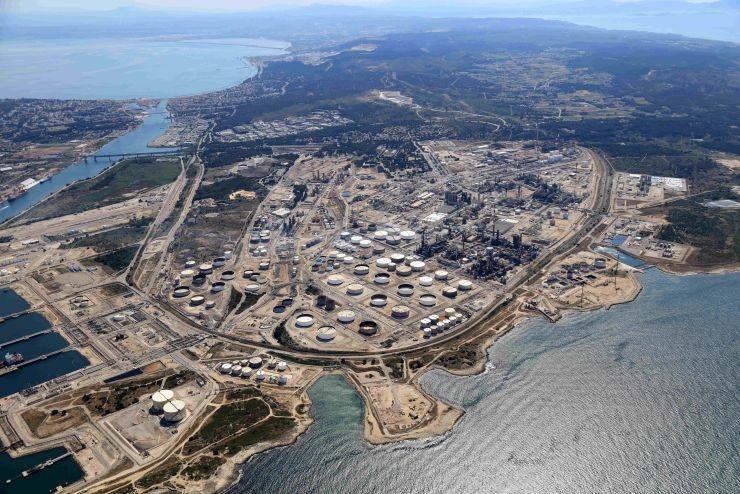EU to Delay CSRD Sustainability Reporting Standards for non-EU Companies
The European Commission unveiled a series of pieces of scheduled legislation slated for delay through “de‑prioritisation,” including the adoption of European Sustainability Reporting Standards (ESRS) for companies outside of the EU under the Corporate Sustainability Reporting Directive (CSRD).
The de‑prioritisation process was revealed in a letter from the Commission to the EU’s financial regulators, forming part of its simplification agenda, aimed at boosting Europe’s productivity and global competitiveness, and reducing administrative burdens on companies. In the letter, the Commission notes that regulations and directives passed over the past several years have empowered the Commission to adopt around 430 follow-up legislative acts, noting that “such a large number of measures to be adopted is a concern for stakeholders,” and listing 115 that have been identified as “non-essential” for the achievement of EU policy objectives – including the Delegated Act on European Sustainability Reporting Standards for certain third country undertakings.
The ESRS sets out the rules and requirements for companies to report on sustainability-related impacts, opportunities and risks under the EU’s CSRD, which began applying from the beginning of 2024. The CSRD also includes a requirement for large non-EU companies that operate in the EU to provide sustainability reporting based on ESRS for third country undertakings, with reporting requirements currently scheduled to begin in 2028.
The ESRS adoption for non-EU companies under the CSRD was initially scheduled for the end of June 2024, although EU lawmakers adopted a directive last year postponing the adoption to the end of June 2026.
The letter states that the de-prioritized acts listed will not be adopted by the Commission before October 2027.
The delay in the ESRS for non-EU companies comes in the context of the Commission’s Omnibus I initiative, currently being debated by EU lawmakers, which proposes major changes to a series of regulations including the CSRD, the Corporate Sustainability Due Diligence Directive (CSDDD), and is aimed at reducing the regulatory burden on companies. Among the key changes proposed by the Omnibus package are the removal of the majority of companies from the scope of the CSRD regulation, moving the regulation to cover only companies with more than 1,000 employees from the current 250 employee threshold, and to substantially reduce amount of reported information required by the regulation. As part of the Omnibus process, European lawmakers adopted a ‘stop-the-clock’ directive earlier this year to delay implementation of the CSRD disclosure requirements during the Omnibus process for smaller companies that have not yet started reporting under the regulation as the updated requirements are being negotiated.
The delay also comes as the U.S. under the Trump administration has pushed back on the proposed requirements for American companies to report under the CSRD, and following a recent framework agreement released by the EU and U.S. which included a commitment by the EU to ensure that the CSRD and CSDDD “do not pose undue restrictions on transatlantic trade.”
Other de-prioritized acts included the adoption of ESRS for listed SMEs and sector-specific ESRS, although requirements for smaller companies and for sector-specific standards will likely not be required as a result of the Omnibus process.





